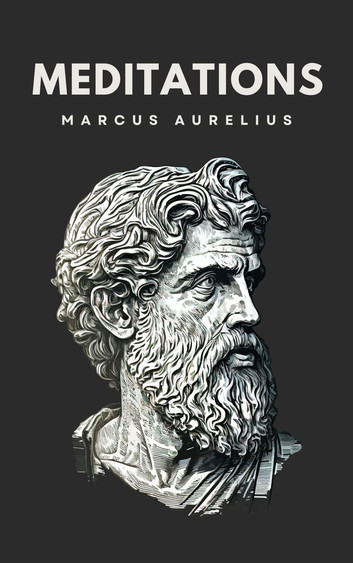by Catherine Dilts
I’ve noticed clever graphics
on social media by fellow authors. I wondered whether they were developed by
their publishers. Or if they were making so much money, they’d gone and hired
publicists.
I’m a save-a-buck kind of gal,
modeled after my cheapskate mother. I was certain an intrepid person could DIY
the heck out of their own promo graphics. But the thought of taking
photographs, or locating free or very cheap images to use without violating
copyrights, was daunting. Plus all the fiddling around with text and
formatting. Ugh!
My daughter Merida Bass works with pencil on
enormous works of fine art, but is also becoming quite adept at graphic arts.
She had the potential to do these bits of promotional art, but I hesitated to
take more time from her crammed schedule.
Then we both zoom-attended a
webinar for the local Sisters In Crime chapter. Voila! The mystery was
revealed.
 |
| A first attempt at promo graphics for my traditionally published debut novel. |
I typically avoid talks that are
basically advertisements for services. Some folks here have heard me whine
about everyone and their Aunt Harriet making bank off publishing, except for
the writer. Particularly when you delve into the world of self-publishing, although
traditional pubbing is not immune from authors paying for editing and publicity
services.
Kathleen Sweeney from Book Brush Inc. pitched her company with a
detailed demo. During the webinar, I texted Merida, who was zooming from her
home. She’s the artist creating covers for our co-authored series. I asked
whether she thought this was worth the price.
“I can do this on Canva,” she
typed back. But the question was, did she want to? Before the end of the talk,
she signed up for the service.
Sunday morning, I had a chance to
play around with Book Brush. You definitely need to be a bit computer savvy.
But it’s delightfully easy once you tackle that rather mild learning curve.
I’m still more interested in
writing. I loathe the business and promo end of publishing. But I also believe
in my work. I definitely can’t afford to purchase every shiny new object
promising to make writers buy-you-own-island famous and wealthy. I’ll do
everything I can manage on my own.
This service fits my DIY
personality. Not for the book cover creation. My artist daughter will still
create those. But for all the branding and promo bits, this feels like a
game-changer. Including promoting my traditionally published novels.
This week, I’m attending a Rocky Mountain Mystery Writers of America
meeting. The topic: Audiobooks. Tom Farrell’s talk will be less sales-pitchy,
I’m sure. He’s going to give us info, share his experiences, and doesn’t have a service to sell.
Becoming a published author was an eye-opener. Hardly anyone gets publicity they haven't generated themselves. Traditional or self-pubbed, selling books under either banner are both are DIY projects. Maybe, after over a decade being
a published author, I’ll finally get the hang of this business. Or not. Time
will tell.
 |
| A promo image for the YA co-authored with my daughter |



















